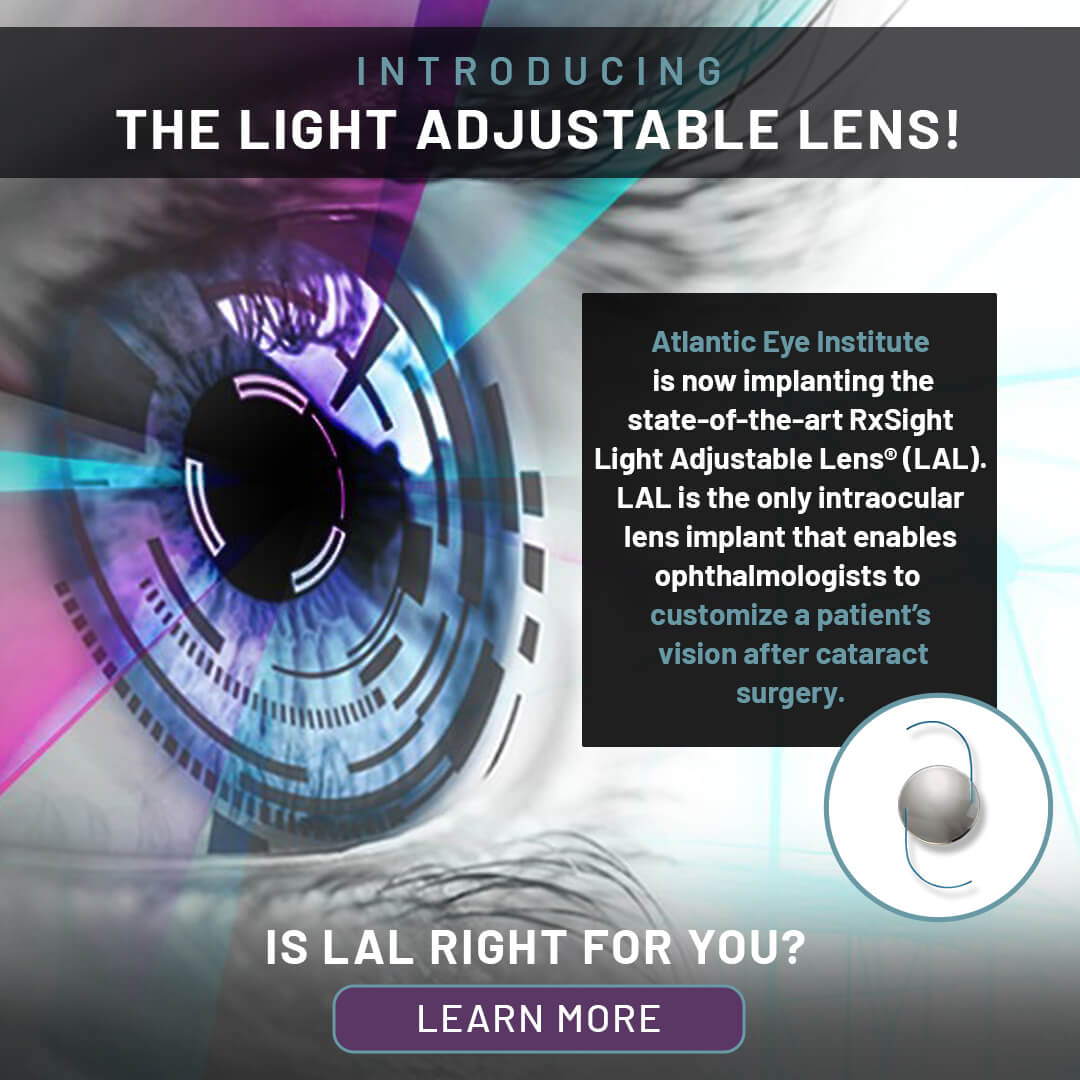We thought it might be fun to run through the roster of old wives tales about eyes and vision health. Consider this your myth-busting resource for many of the sayings or tidbits you may have heard over the year that are not based on scientifically-proven facts.
Myth-Busting Facts About Common Eye And Vision Old Wives Tales
Here are 9 fun eye and vision old wives tales busted.
Reading in the dark is bad for your eyes or can lead to blindness
Reading in the dark or in poor lighting will certainly cause eye strain. However, it doesn’t actually have any permanent effect on your vision. Eye strain is just like any other muscle strain, it causes temporary discomfort as the result of a muscle overworking and staying in the “tense” or “flexed” position for too long. Once the muscle is relaxed, symptoms fade and disappear.
That said, eye strain should be avoided. Reading print or staring at screens (phones, gadgets, TVs, etc.) in a dim or poorly lit room can lead to uncomfortable or painful side effects such as headaches, sore eyes, or temporary blurred vision.
Too much TV (or sitting too close to the screen) damages your eyes
Again, too much screen time poses other risks (especially for children), including eye strain, but it doesn’t actually damage vision.
That said, the uptick of hours spent in front of the screen is showing up in our offices as higher numbers of dry eye diagnoses. Our eyes don’t blink as much as they should when we view screens, which dries them out. Chronic dryness develops into a condition called dry eye, which should be treated ASAP to avoid larger problems down the road.
If you cross your eyes they’ll stay that way, is one of those classic old wives tales
Many of our staff remember parents or grandparents saying, “If you keep crossing your eyes (or making that face), it will stay that way.” They were wrong.
The condition we call “cross-eyed,” in the vernacular is actually an anatomical anomaly you are born with. In the optometry world, we refer to crossed eyes as strabismus.
The condition is usually easily correctible using the right lenses and eye exercises that force lazy muscle and nerve connections to get in shape. Repairing crossed eyes should happen before a child enters school and their eyes mature. Crossed eyes do become permanent if you wait too long to treat a baby or young child.
Eating carrots prevent blindness OR significantly improves vision
Although this one isn’t true, the story behind the wives tale is pretty neat. During World War II, the British Air Ministry used radar. However, they didn’t want the Germans to learn about their relatively new innovation. So, to explain why the British air force was so good at hitting their targets – even at night – they began to spread the rumor that the reason the Brits had such great vision was that they ate oodles of carrots.
However, carrots do indeed contain high levels of vitamins that are good for eye and vision health, including retinol (a form of vitamin a). So, while eating carrots doesn’t keep you from going blind, eating lots of fresh vegetables and focusing on healthy lifestyle choices is essential for lowering the risk of both medical and eye-related conditions that lead to vision loss.
Eye exercises can keep you from wearing glasses
Unfortunately, this isn’t true. Eye exercises work the muscles that control eye movement, but they don’t affect the anatomical processes that focus light, nor do they affect the shape or length of the eye – all of which are responsible for your refractive error, causing you to need glasses.
However, eye exercises do help correct certain alignment issues (like crossed or lazy eyes), and exercising your eyes in between long bouts of reading or screentime relieves eye strain.
If you get a corneal transplant, you’ll see what the donor saw
We perform corneal transplants, using healthy corneas from a deceased donor, to replace damaged or diseased corneas in our living patients. The cornea’s job is to focus the light that enters the eye. That’s it. The cornea does not engrave or “remember” the images. The connection between the optic nerve and the brain are the organs responsible for memories.
We would hate for this myth to scare someone away from receiving a corneal transplant if they need one. The difference can mean the ability to see over going significantly or completely blind.
Wearing someone else’s glasses changes or worsens your vision
Wearing another person’s glasses is never a good idea because you’re bound to get dizzy, woozy, or develop a serious headache due to eye strain. The odds are you won’t be able to see very well, and the end result will be a temporary case of eye strain.
If their glasses help you to see more clearly, it’s a sure sign you’re overdue for a complete eye exam, so contact your optometrist ASAP.
You can diagnose health conditions based on a person’s irises
The iris is the part of the eye that has color. When we say a person has blue, brown, or green eyes, we really mean their irises are that color. There is a long-held myth that trained diagnosticians can identify specific health conditions based on the various patterns, color flecks, and other characteristics of a person’s iris.
So far, we don’t have any scientific evidence to back this up. However, because the body is connected, there are times when an optometrist may get a feeling something else is wrong. For example, a damaged liver may cause the whites of the eyes to look more yellow as a result of jaundice. When something in the eyes does indicate there may be an underlying health condition, we refer them to their g.p for a check-up and pass on what we found to ensure they’re getting the healthcare they need.
Contact lenses can get lost in your eyes
Eye anatomy and how membranes intersect and connect prevent contact lenses from slipping around your eyeballs. However, without proper care, clearing, and attention, contacts can become trapped underneath lids, causing infection or more serious damage to the surface of the eyes. Always adhere to contact lens cleaning and maintenance routines just as you’ve been taught by your optometrist. Avoid sleeping in them whenever possible.
Visit An Eye Doctor Who Will Keep You Straight
Don’t fall victim to old wives tales about your eyes. Schedule an appointment with Atlantic Eye Institute, and we’ll keep you straight. We have an incredible team of optometrists and ophthalmologists, all of whom are dedicated to taking a well-rounded and whole-body approach to eye care – and that’s no myth!

